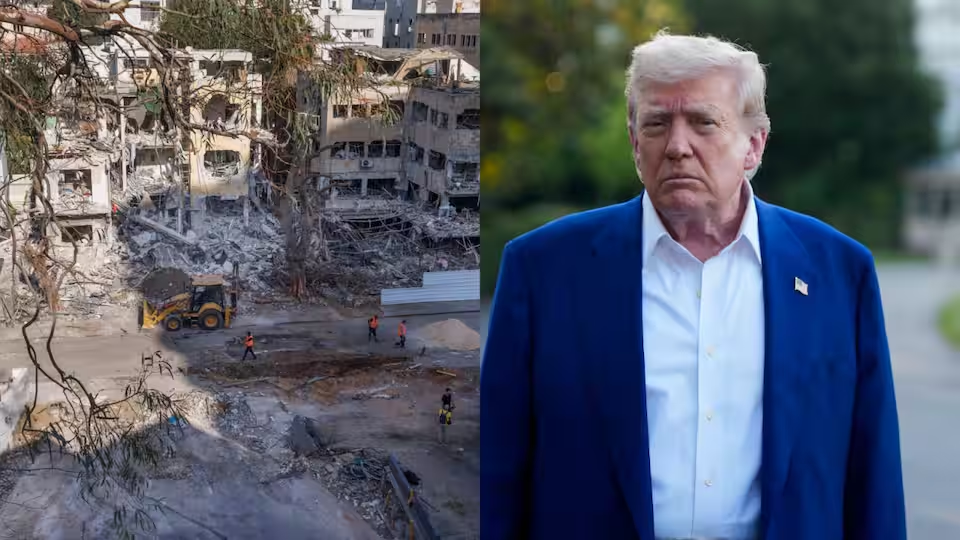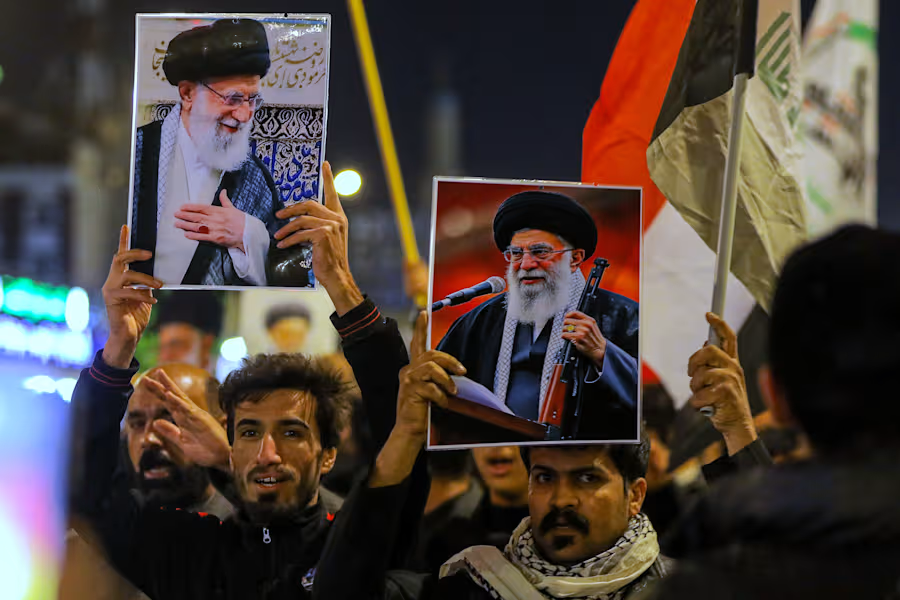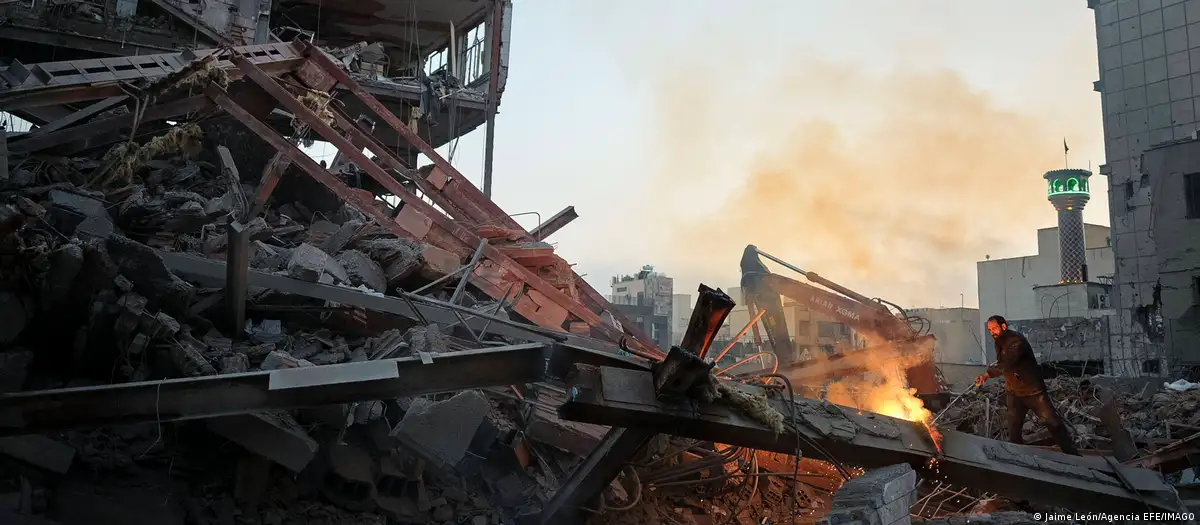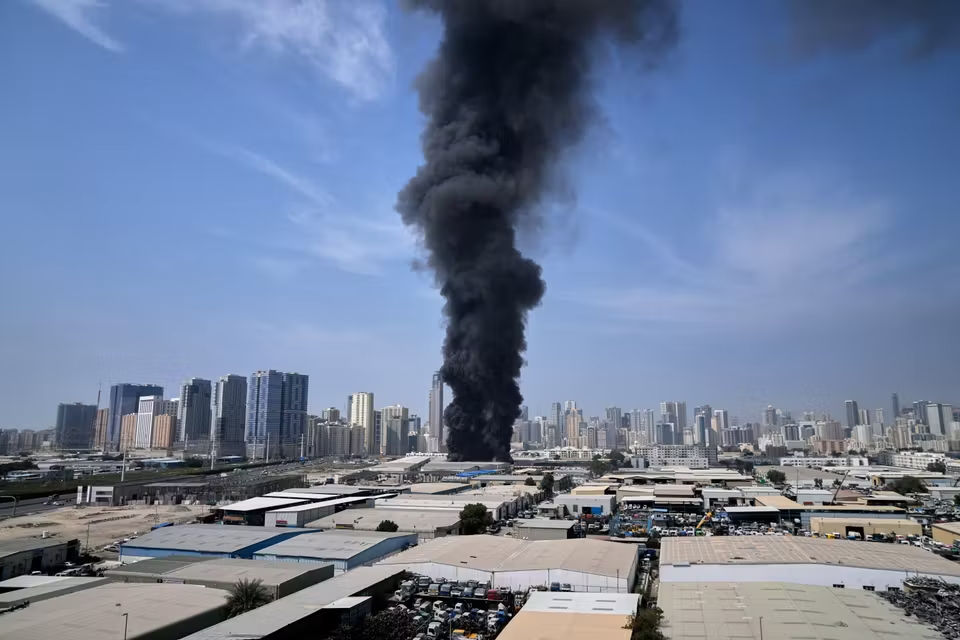U.S. President Donald Trump has expressed strong criticism of American news organizations following the leak of a classified intelligence assessment about a military strike on Iran. Trump made his comments in a post on his social media platform, Truth Social.
In the post, Trump said that certain news outlets, including CNN and The New York Times, were working together to discredit what he called one of the most successful military operations in history. He accused them of creating “fake news” to undermine the U.S. government’s achievements.
The president wrote that the media’s coverage was dishonest and aimed at weakening national morale. He claimed that these outlets were attempting to downplay the effectiveness of a recent U.S. strike on Iranian targets by focusing on leaked reports that questioned the operation’s impact on Iran’s nuclear program.
Trump also emphasized that the leaked intelligence report did not reflect the true success of the mission. He argued that the real outcomes were far more positive than what had been reported.
According to the leaked assessment, the U.S. attack did not succeed in completely stopping Iran’s nuclear activities. The report suggested that while some facilities were damaged, Iran retained the ability to continue its efforts.
Trump rejected these claims, stating that the operation dealt a significant blow to Iran’s nuclear plans. He accused the press of deliberately ignoring the broader strategic value of the strike and instead focusing on negative angles.
The intelligence leak has sparked new concerns in Washington about the handling of sensitive national security information. Some officials have called for investigations into how the report was obtained and published. Critics say such leaks not only damage public trust but also help hostile nations learn more about U.S. tactics and capabilities.
Trump’s comments come at a time when tensions between the U.S. and Iran remain high. Washington has repeatedly warned Tehran about its nuclear ambitions, and military action has been used in the past to delay or disrupt those plans.
This latest incident highlights the complex relationship between government actions, media reporting, and national security. Trump’s strong words reflect a larger debate in the United States about how classified information should be handled and what role the media should play in reporting on it.
Some experts argue that the media has a duty to inform the public, even about classified matters, if it is in the interest of transparency. Others believe that publishing sensitive information puts American lives at risk and weakens the country’s position globally.
In his post, Trump praised the men and women involved in the operation, calling them heroes. He urged Americans to stand behind their military and not be misled by what he described as politically motivated reporting.
This is not the first time Trump has clashed with the media over national security issues. During his time in office, he often accused news outlets of being biased and spreading falsehoods to damage his presidency.
The recent leak and Trump’s reaction to it once again show how sensitive information can quickly become the center of political conflict. As investigations continue, both the government and the media face increasing pressure to act responsibly and uphold public trust.
Trump’s criticism of the media over the Iran intelligence leak is likely to fuel further debate about freedom of the press, government transparency, and national security. His remarks also show that even after leaving office, he continues to play a powerful role in shaping public opinion on major issues.







